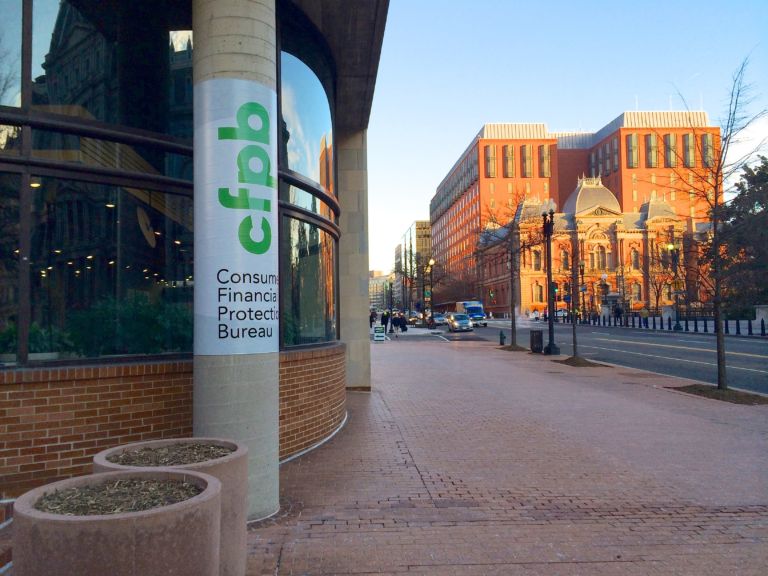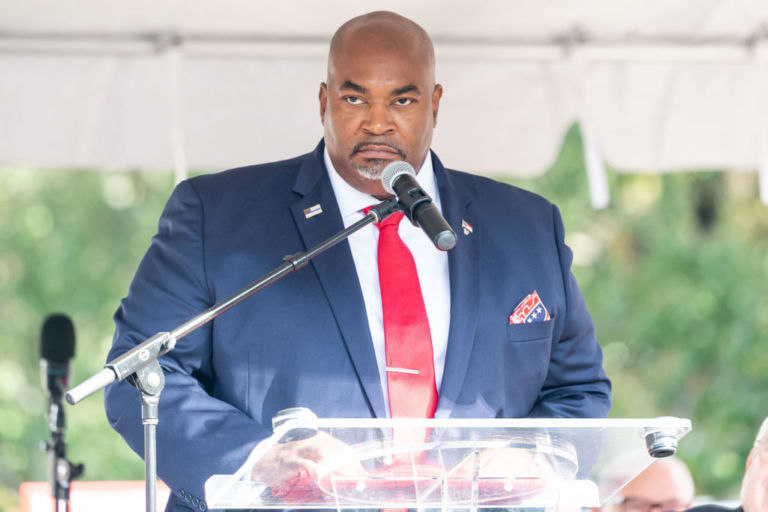Ryan Anderson explains at National Review Online how this week’s highest-profile U.S. Supreme Court case could have been avoided.
The Justices now will decide whether states, consistent with the First Amendment, can force citizens to express support for same-sex marriage through their artistic products.
But this case needn’t have ended up at the Court. And future cases like it can be avoided.
Agree or disagree, but Phillips believes he is serving Christ with every cake he makes. He has previously turned down requests to create Halloween-themed cakes, lewd bachelor-party cakes, and a cake celebrating a divorce. He was never reprimanded over those decisions, but the same-sex-wedding cake plunged him into hot water.
Not surprisingly, much of the oral arguments focused on the First Amendment. Phillips argued that making him create a cake that celebrates a same-sex wedding would violate his First Amendment rights to free speech and free exercise of religion, by forcing him to express a message, and celebrate an event, that runs against his beliefs. If the Court agrees, it will bar Colorado and other states from applying antidiscrimination statutes in such a way.
But Colorado should never have applied its statute this way to begin with. Indeed, states can avoid First Amendment showdowns by refusing to view support for traditional marriage as “discrimination.”
Part of the problem is that Colorado misunderstood the Supreme Court’s ruling in favor of same-sex marriage in Obergefell v. Hodges.


